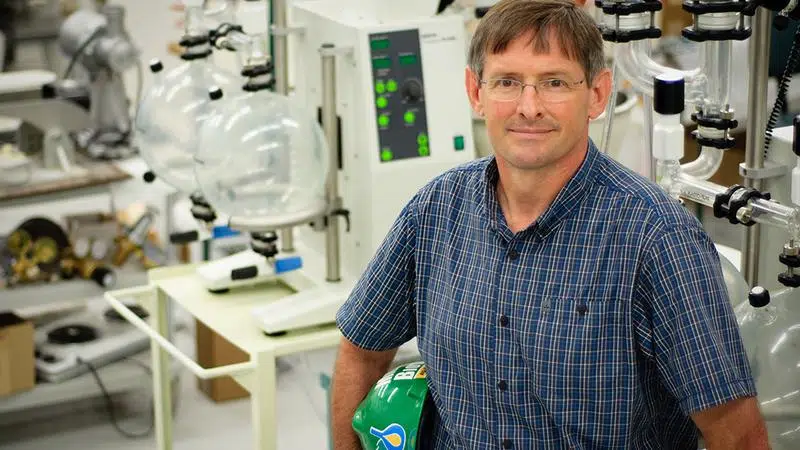
U of S Research team believes compound found in ethanol waste could help cure Alzheimer’s
Members of a research team at the University of Saskatchewan believe they can slow the progression of Alzheimers’s disease with a compound found in ethanol waste.
Glyceryl phosphoryl choline (GPC) helps the body increase production of acetylcholine, the basic neurotransmitter that signals messages to cells and plays an important role in mental processes such as memory and cognition. GPC has also shown positive effects on athletic performance and recovery from heart attack and stroke. Dr. Martin Reaney, a USask professor in the College of Agriculture and Bioresources, said their discovery was quite unexpected
“We had a student who was actually trying to use the water leftover from an ethanol plant to extract protein and we found something interesting in the water,” he said.


